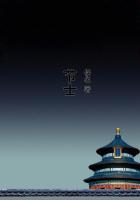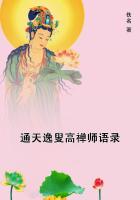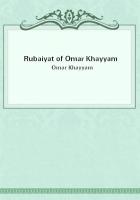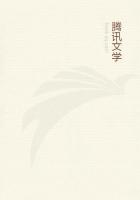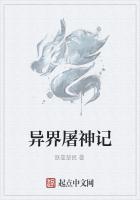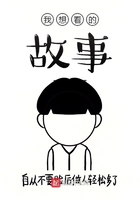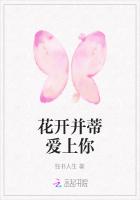"What are you going to wear, Lyovotchka?" she would say to papa. "It's very cold to-day, and there is a wind. Only the Kuzminsky overcoat again today? You must put on something underneath, if only for my sake."
Papa would make a face, but give in at last, and buckle on his short gray overcoat under the other and sally forth. It would then be growing light. Our horses were brought round, we got on, and rode first to "the other house," or to the kennels to get the dogs.
Agafya Mikhailovna would be anxiously waiting us on the steps. Despite the coldness of the morning, she would be bareheaded and lightly clad, with her black jacket open, showing her withered, old bosom. She carried the dog-collars in her lean, knotted hands.
"Have you gone and fed them again?" asks my father, severely, looking at the dogs' bulging stomachs.
"Fed them? Not a bit; only just a crust of bread apiece."
"Then what are they licking their chops for?"
"There was a bit of yesterday's oatmeal left over."
"I thought as much! All the hares will get away again. It really is too bad! Do you do it to spite me?"
"You can't have the dogs running all day on empty stomachs, Lyoff Nikolaievich," she grunted, going angrily to put on the dogs' collars.
At last the dogs were got together, some of them on leashes, others running free; and we would ride out at a brisk trot past Bitter Wells and the grove into the open country.
My father would give the word of command, "Line out!" and point out the direction in which we were to go, and we spread out over the stubble fields and meadows, whistling and winding about along the lee side of the steep balks, [8] beating all the bushes with our hunting-crops, and gazing keenly at every spot or mark on the earth.
[8] The balks are the banks dividing the fields of different owners or crops. Hedges are not used for this purpose in Russia.
Something white would appear ahead. We stared hard at it, gathered up the reins, examined the leash, scarcely believing the good luck of having come on a hare at last. Then riding up closer and closer, with our eyes on the white thing, it would turn out to be not a hare at all, but a horse's skull. How annoying!
We would look at papa and Seryozha, thinking, "I wonder if they saw that I took that skull for a hare." But papa would be sitting keen and alert on his English saddle, with the wooden stirrups, smoking a cigarette, while Seryozha would perhaps have got his leash entangled and could not get it straight.
"Thank heaven!" we would exclaim, "nobody saw me! What a fool I should have felt!" So we would ride on.
The horse's even pace would begin to rock us to sleep, feeling rather bored at nothing getting up; when all of a sudden, just at the moment we least expected it, right in front of us, twenty paces away, would jump up a gray hare as if from the bowels of the earth.
The dogs had seen it before we had, and had started forward already in full pursuit. We began to bawl, "Tally-ho! tally-ho!" like madmen, flogging our horses with all our might, and flying after them.
The dogs would come up with the hare, turn it, then turn it again, the young and fiery Sultan and Darling running over it, catching up again, and running over again; and at last the old and experienced Winger, who had been galloping on one side all the time, would seize her opportunity, and spring in. The hare would give a helpless cry like a baby, and the dogs, burying their fangs in it, in a star-shaped group, would begin to tug in different directions.
"Let go! Let go!"
We would come galloping up, finish off the hare, and give the dogs the tracks, [9] tearing them off toe by toe, and throwing them to our favorites, who would catch them in the air.
Then papa would teach us how to strap the hare on the back of the saddle.
[9] Pazanki, tracks of a hare, name given to the last joint of the hind legs.
After the run we would all be in better spirits, and get to better places near Yasenki and Retinka. Gray hares would get up oftener. Each of us would have his spoils in the saddle-straps now, and we would begin to hope for a fox.
Not many foxes would turn up. If they did, it was generally Tumashka, who was old and staid, who distinguished himself. He was sick of hares, and made no great effort to run after them; but with a fox he would gallop at full speed, and it was almost always he who killed.
It would be late, often dark, when we got back home.

